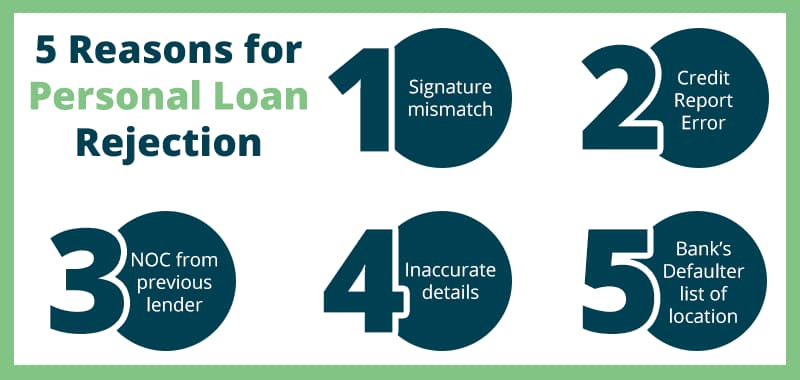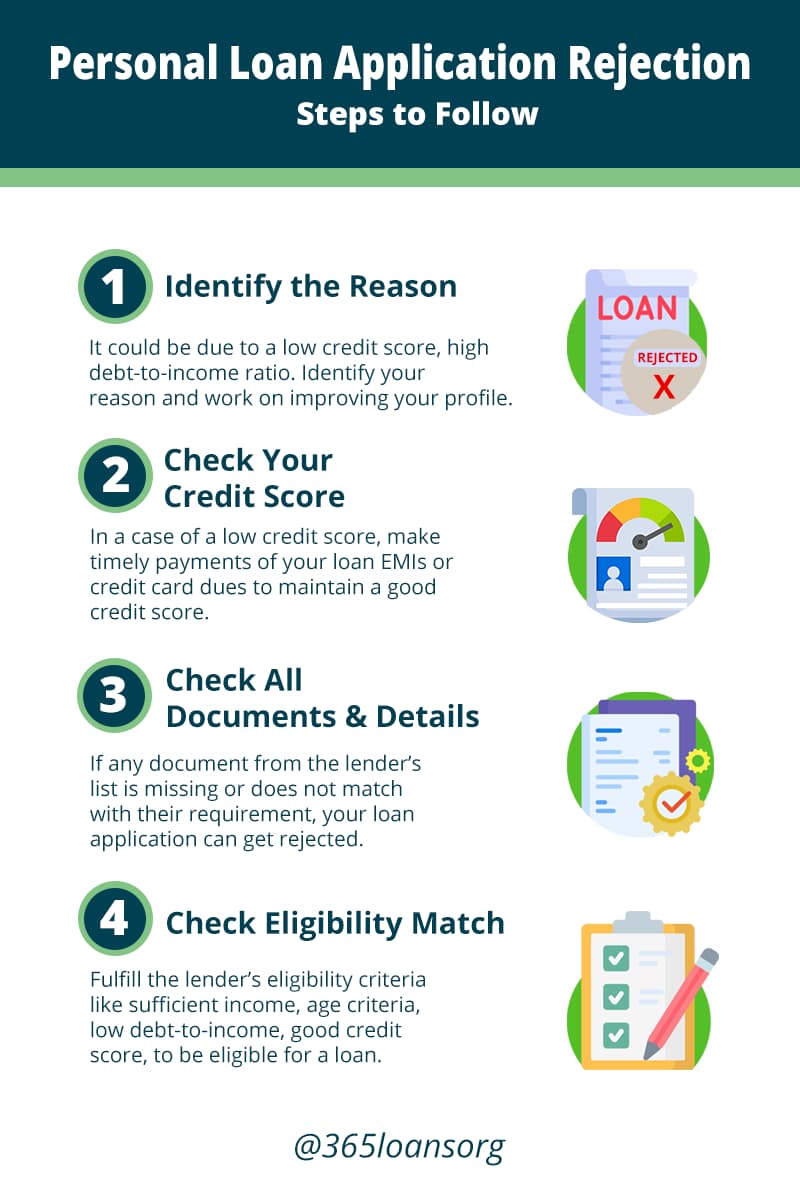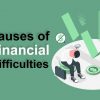Applying for a bank loan is an equally considered financing instrument for individuals or businesses nowadays. However, filing a bank loan application does not equal receiving a loan. You can end up with a bank loan rejection with no explanation from the bank or the financial institution you decide to apply to. Banks lend money relying on strict decision-making processes, and there are no favorite or short-cut pass-through rules.
A common way of dealing with denied bank loans is to switch between the banks or modify the required loan amounts. However, that might not help if you fail to meet essential criteria, as all banks’ compliance procedures follow similar standards.
What to do if you have been denied a bank loan?
Naturally, you can apply for a bank loan an infinite number of times; technically, if you are willing to pay the taxes that come with some banks, that is. Still, there are certain factors you can consider that will improve your success chances considerably.

Analyze the rejection reason
You can only correct a mistake if you know where it is. Therefore, one of the first steps you can take after receiving a loan rejection is to ask your bank for the reasons formally.
Banks lend money based on your overall financial health, considering your credit history, income stream, and collateral. However, even if you fulfill all these points based on the information you put in the loan application form, you still need to meet a certain threshold. These minimum standards for credit – the most basic being the income requirement or collateral – vary by loan type and amount. Some common reasons for bank loan rejection include:
- Bad credit score;
- Earlier bankruptcy record;
- Foreclosures;
- Debt-to-income ratio;
- Lack of collateral or devaluation in collateral market value;
- Young or new credit history.
Once you know the right reasons, you can make prompt efforts to rectify that.
Improve your credit score
Working to improve your credit score is an intimate part of your financial growth, and you should aim to score high, not just with loan rejections. The credit scoring model is the first measurable factor banks will look into before proceeding with your loan application.
Here are some key points that can help you improve your credit score:
- Do not miss loan or credit card payment dates;
- Keep your debt-to-income ratio in check;
- Do not apply excessively for loans;
- Avoid foreclosures and bankruptcy;
- Keep an eye on your credit report.
Improving your credit score can improve your loan approval chances considerably.
Pay off or consolidate your existing loans
If you already have credit cards under your name, a mortgage, and a personal loan, then your new loan application approval chances are dim. While a mix of loan types can improve your credit score, in the long run, it can hamper your chances of loan approvals right now. On the other hand, settling some outstanding debts, such as a credit card or an auto loan, can help you regain a good credit score.
Alternatively, you can try a refinancing option to consolidate your number of loans into one financing facility. Consolidating debts can help you with both credit score improvement and additional financing. However, remember that your collateral might depreciate while you apply for debt consolidation. The best-case scenario is to apply for your refinancing once you have paid some loan installments or added value to your property or underlying assets.
Increase your income
Although it is easier in theory than in real life, it remains a critical factor for your loan approvals. Banks or any lending institute will be interested to know your income stream.
Also, banks calculate your total debt-to-income ratio, which is an essential indicator of your loan repayment ability. For example, suppose your monthly earnings are $7,000, and you have a credit card, an auto loan, and mortgage loan installments totaling $2,800 per month. Your debt-to-income ratio stands at 40%. Therefore, your next loan will increase your debt-to-income ratio, i.e., decrease your ability to repay, directly affecting your loan approvals.
Consider improving your income streams before you apply for any loan.
Look for alternative financing
If you are looking for extra cash in the short-term or a financing facility for more significant projects, there can be other sources than bank loans.
If banks reject your loan applications, you can consider any of these options:
- Apply for a payday loan if you need a small cash amount;
- If you desperately need money, you can apply for an unsecured loan. Remember, though: unsecured loans come with higher interest rates;
- Look for government grants and stipends. For example, during global recession times, almost all regional and federal governments around the world announced some relief packages;
- If you have been contributing towards your retirement funds, they can provide immediate relief, avoiding unnecessary interest rate charges.

Whatever your financial status quo is, you will have to follow a firm financial strategy if you are denied a bank loan. Even if you find a workable solution, you will want to regain your overall creditworthiness. These steps include all or any of the points mentioned above, including improving credit score, increasing income, and improving collateral market value.







